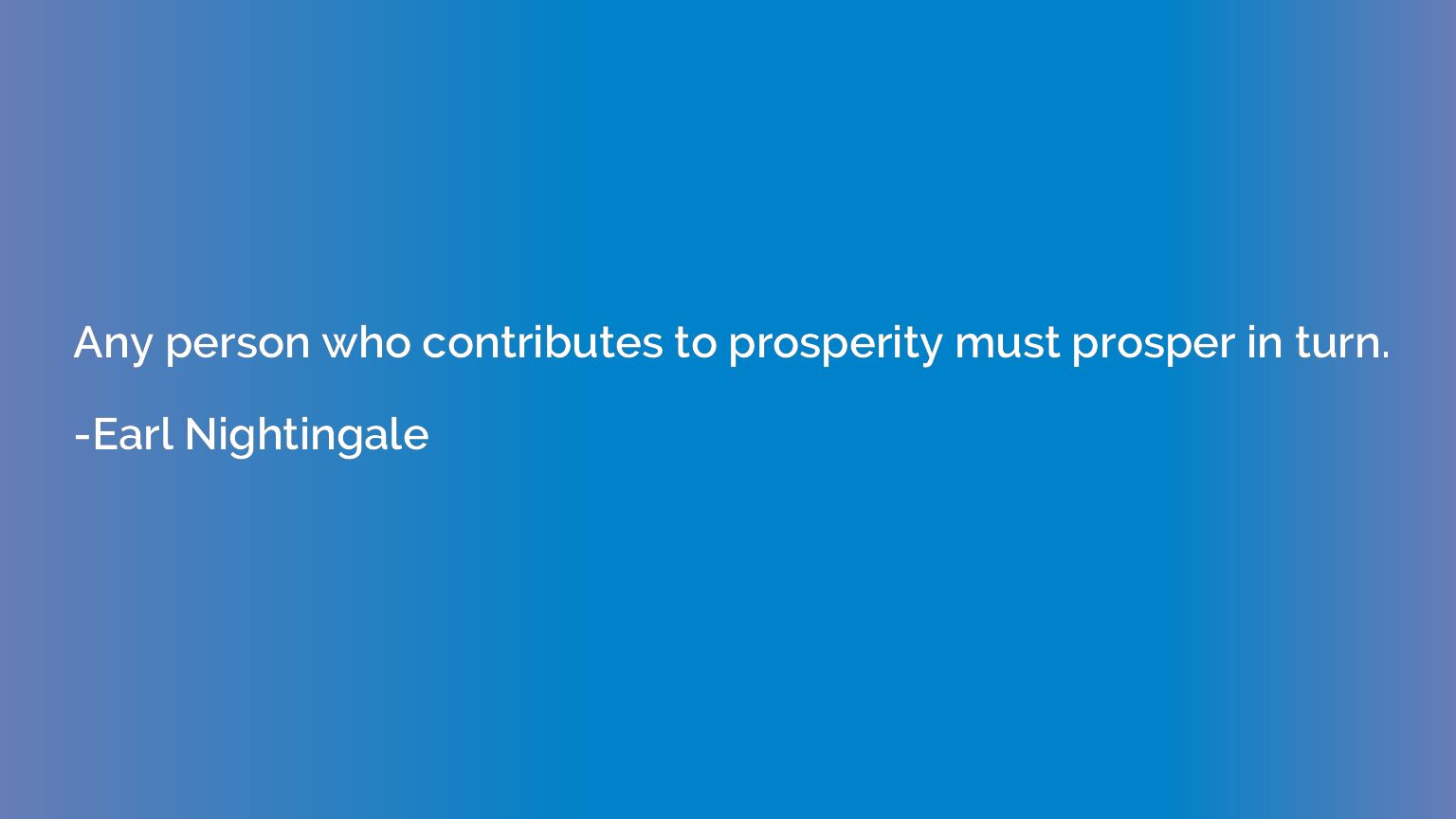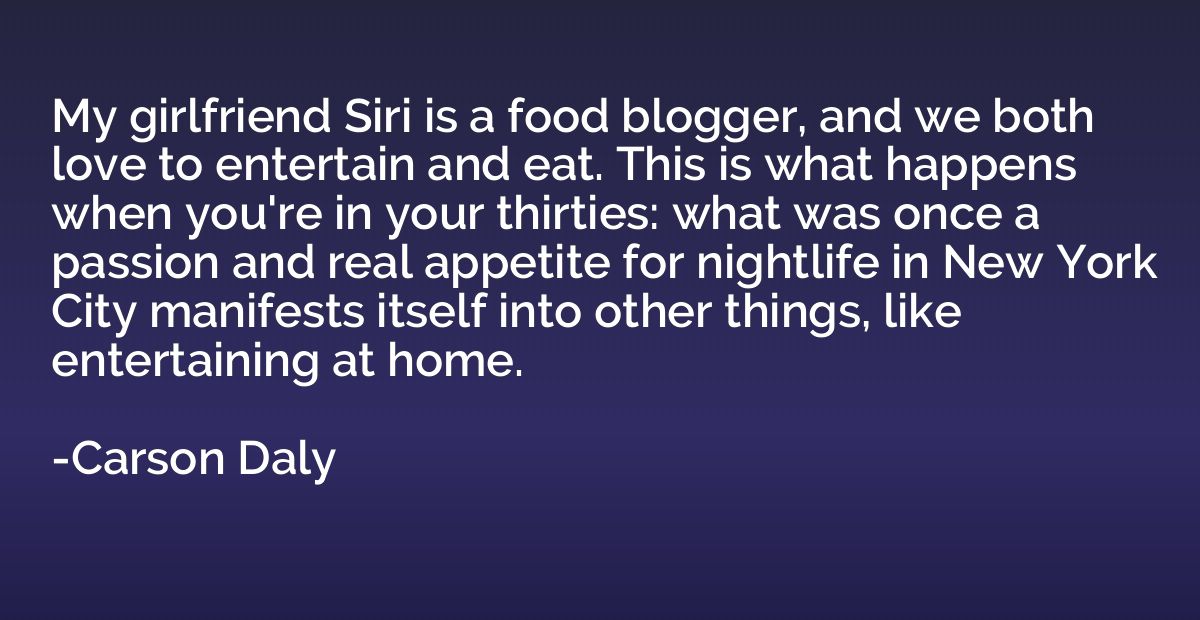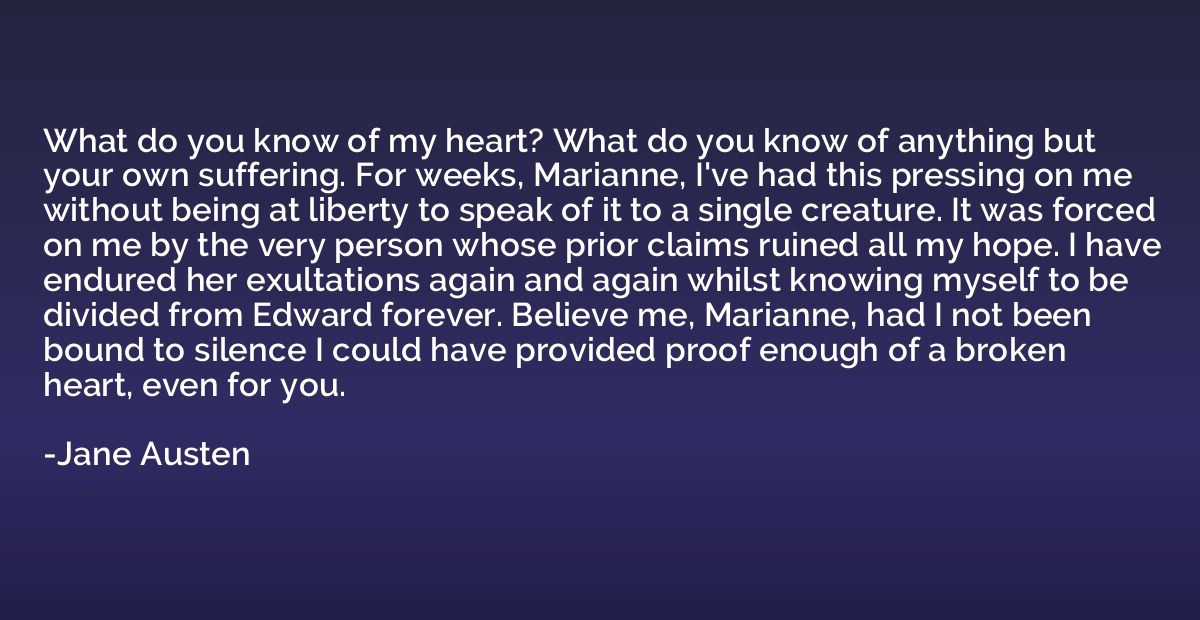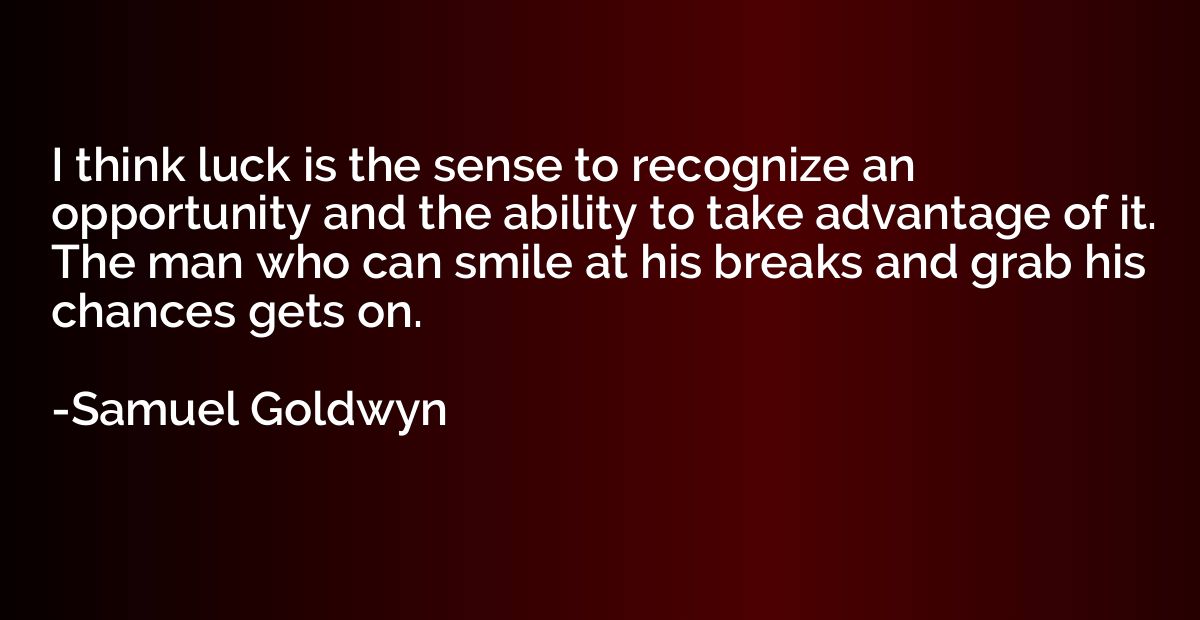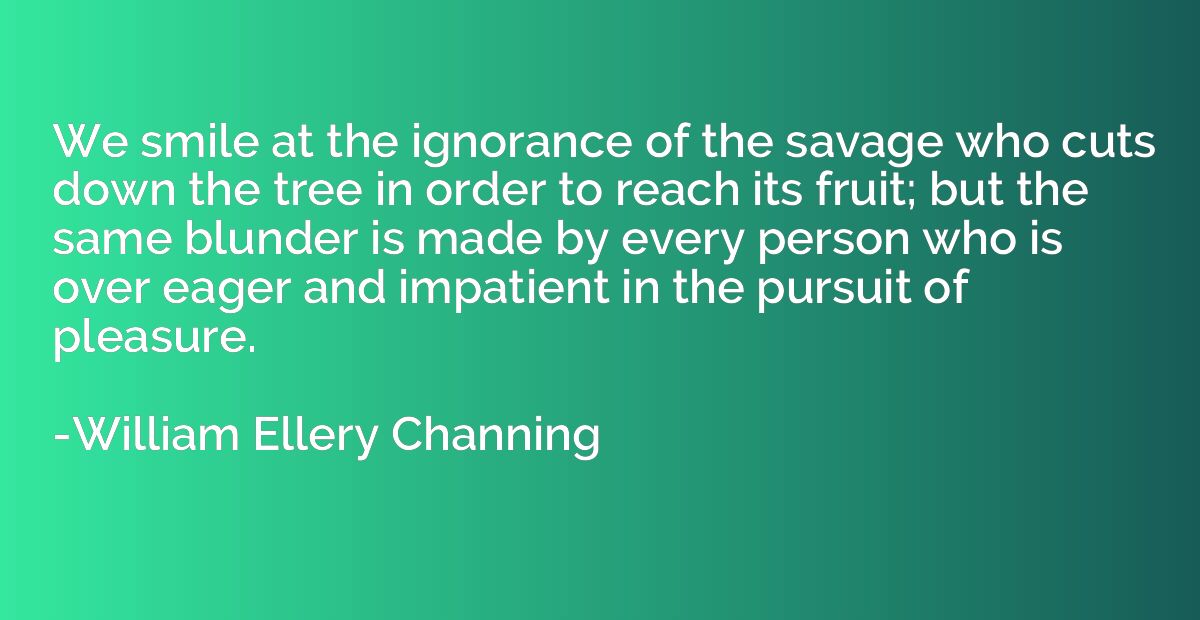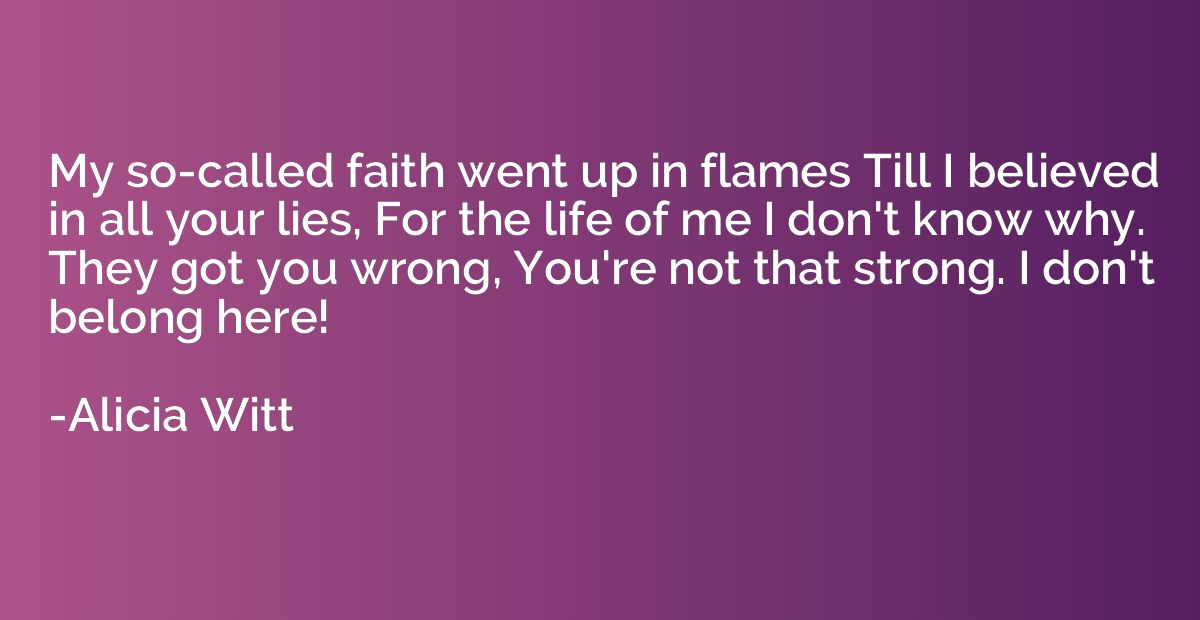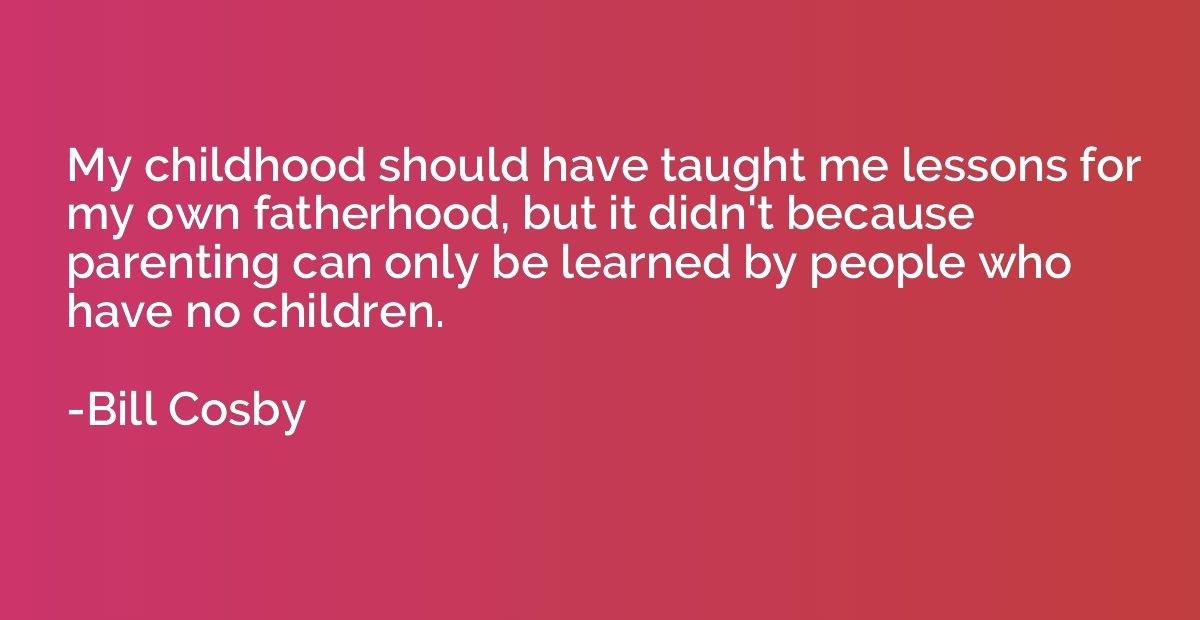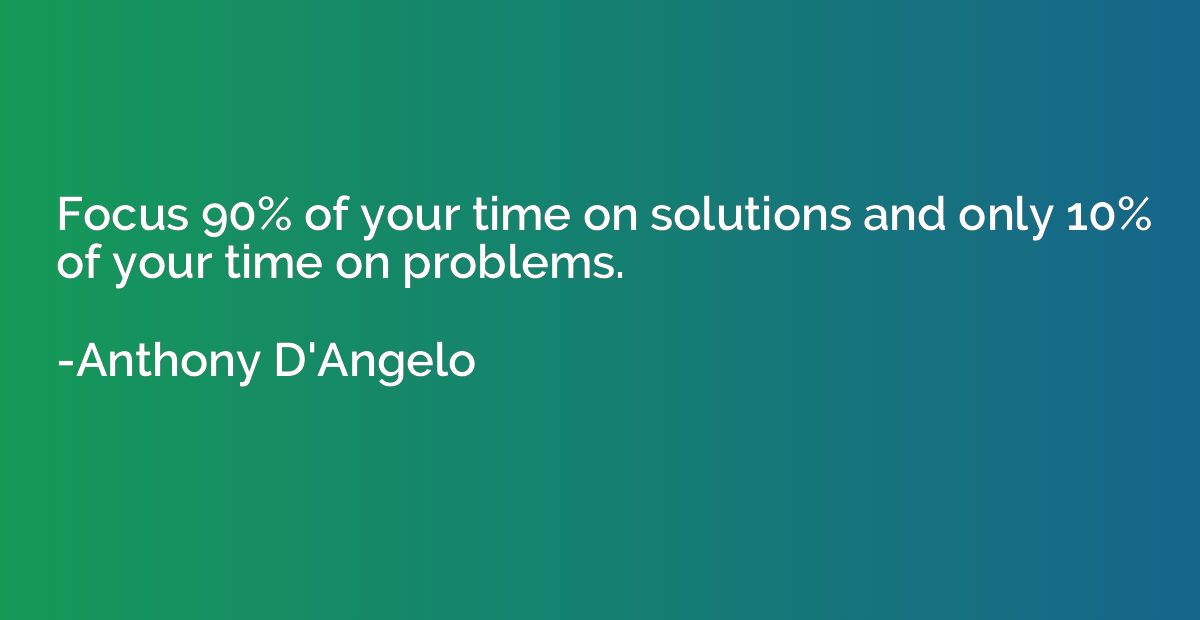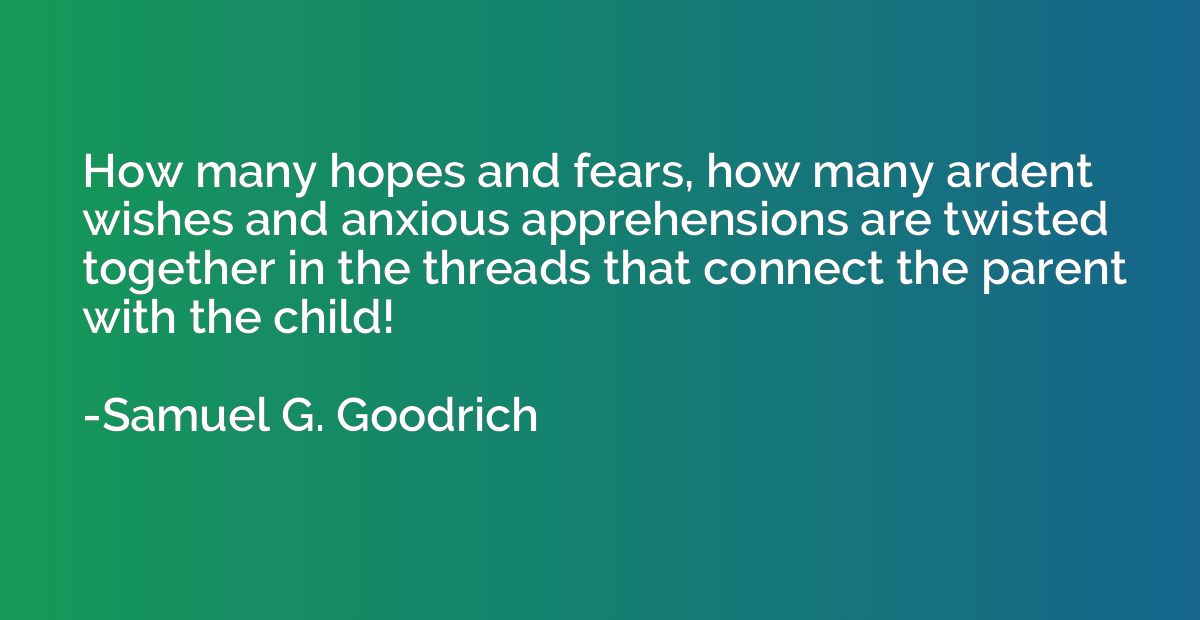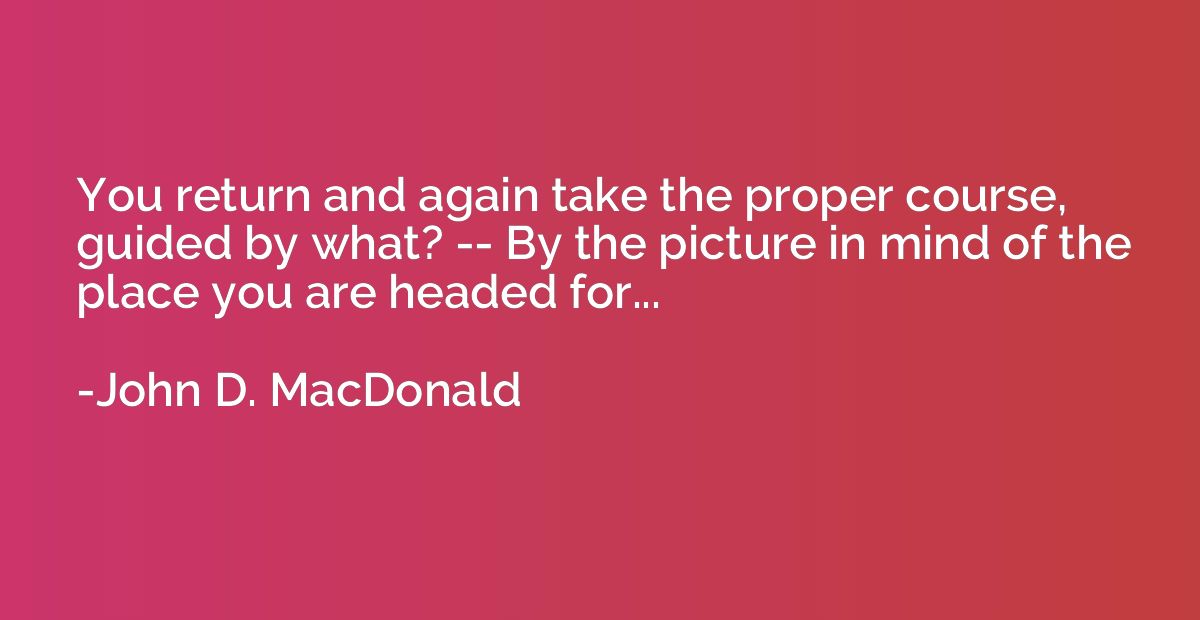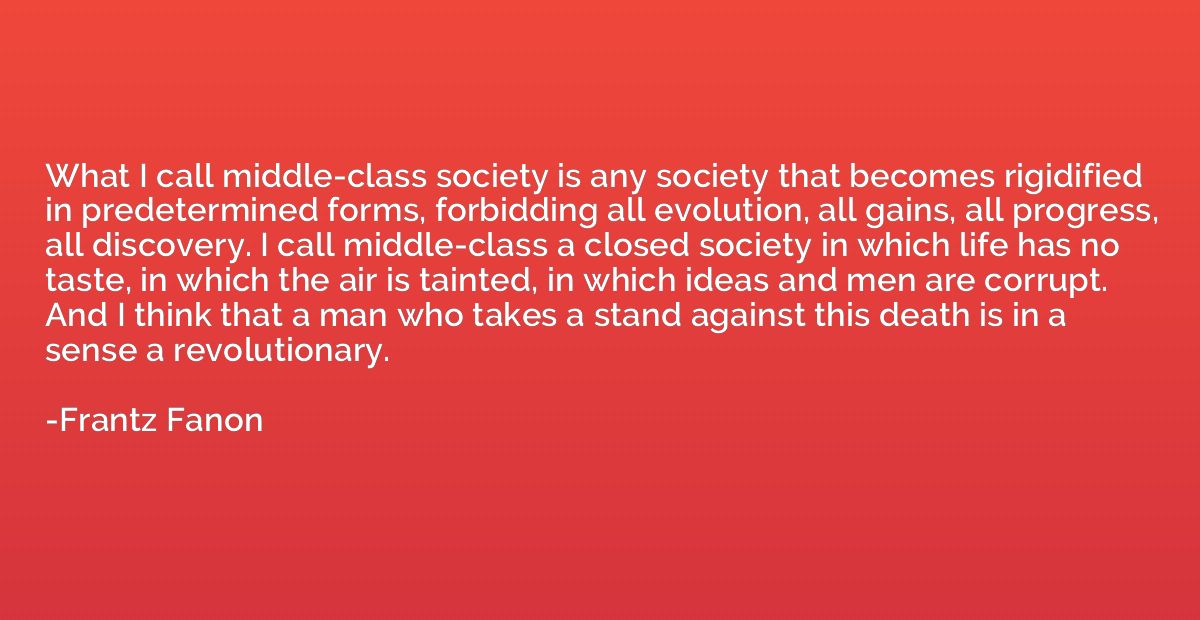Summary
This quote suggests that individuals who contribute towards the well-being and success of others or society as a whole will also experience their own prosperity in return. It implies that the efforts, actions, and contributions we make in improving the lives of others have a reciprocal effect on our own lives. By fostering prosperity and offering our skills, resources, or knowledge for the benefit of others, we create a ripple effect that leads to our own personal growth and prosperity. Thus, the quote highlights the interconnectedness of individual and collective prosperity, suggesting that giving back ultimately comes back to benefit us.
